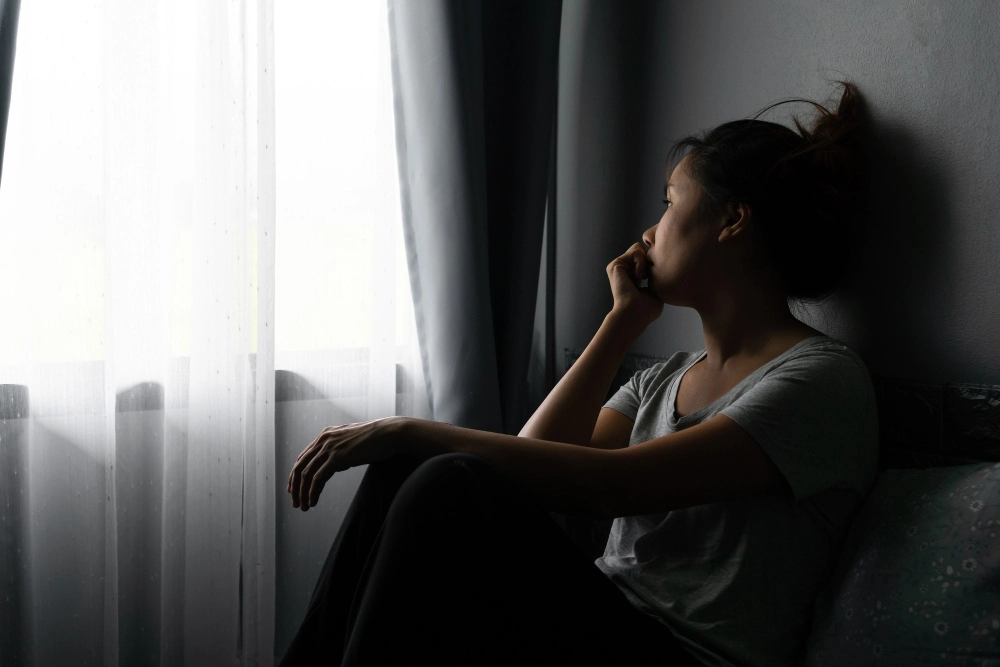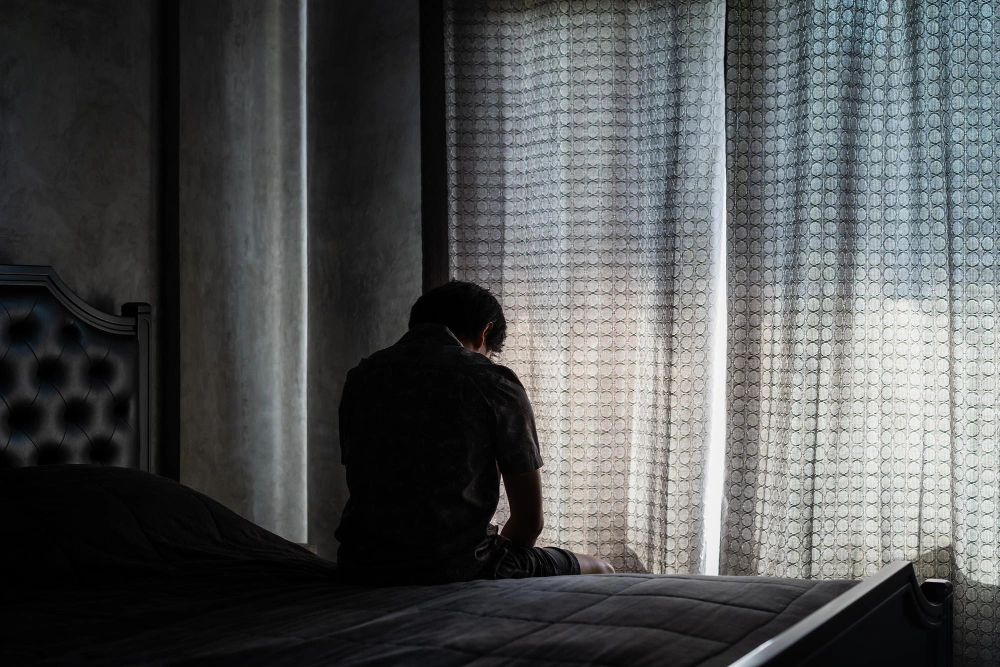How to Recognize the Signs of Depression in Yourself and Others

Depression is a common mental health condition that affects millions worldwide. Often misunderstood and overlooked, it can significantly impact daily life, relationships, and overall well-being. Recognizing the signs of depression in yourself or others is crucial, as early intervention can prevent symptoms from worsening and offer a path toward support and recovery.
In this article, we’ll explore how to identify depression’s signs, understand its impact, and take proactive steps to support mental health. For additional information on depression and related resources, visit the National Institute of Mental Health (NIMH) here.
Page Contents
What is Depression?
Depression, also known as major depressive disorder (MDD), is a mental health condition that affects mood, energy levels, and thinking patterns. It’s more than feeling sad; depression involves persistent low mood, feelings of hopelessness, and a lack of interest in activities. Depression varies from person to person, but it can interfere with nearly every aspect of daily life if left untreated.
Recognizing depression in oneself or others is essential because it allows for timely intervention and support. According to the NIMH, one in five people will experience a mental health issue at some point, and depression is among the most common and treatable.
Common Signs of Depression
Identifying the signs of depression can be challenging, especially when symptoms vary from mild to severe. Here are common symptoms to watch for in yourself and others:
- Persistent Sadness or Low Mood
- Feeling sad, empty, or hopeless most of the time is one of the hallmark symptoms of depression. Unlike temporary sadness, this mood persists for weeks or longer and often has no clear cause.
- Loss of Interest in Activities
- Depression often leads to a lack of interest or pleasure in activities that were once enjoyable, such as hobbies, social interactions, or work. This symptom, known as anhedonia, can make life feel monotonous or dull.
- Changes in Appetite and Weight
- Significant weight loss or gain, or noticeable changes in appetite, can signal depression. Some individuals may lose interest in food, while others may turn to comfort eating.
- Sleep Disturbances
- Depression frequently impacts sleep, leading to insomnia (difficulty falling or staying asleep) or hypersomnia (excessive sleeping). Changes in sleep patterns can further exacerbate feelings of fatigue and hopelessness.
- Fatigue and Low Energy
- Constant exhaustion and lack of energy are common in depression. Even small tasks, such as getting out of bed or running errands, can feel overwhelming and drain energy levels.
- Feelings of Guilt or Worthlessness
- People with depression may experience intense feelings of guilt, shame, or worthlessness, often accompanied by negative self-talk. These thoughts can spiral, worsening their self-esteem and mental state.
- Difficulty Concentrating or Making Decisions
- Depression can make it difficult to focus, remember things, or make decisions. This cognitive fog often impacts work, school, and daily activities.
- Irritability or Restlessness
- In some cases, depression manifests as irritability, especially in teens and young adults. Restlessness or agitation, such as pacing or feeling on edge, is also common.
- Physical Symptoms
- Depression can lead to unexplained physical symptoms, such as headaches, stomach aches, or muscle pain. These symptoms often don’t have a clear physical cause and don’t respond to usual treatments.
- Thoughts of Death or Suicide
- Suicidal thoughts or behaviors are severe symptoms of depression. If you or someone you know is experiencing thoughts of self-harm or suicide, seek immediate help by calling emergency services or reaching out to a mental health professional.

How to Recognize Depression in Yourself
Recognizing depression in yourself is not always easy, especially when symptoms develop gradually. Here are some steps to help you identify the signs and seek support:
- Check for Patterns
- If you’ve been feeling down or fatigued for two weeks or more, take note. Write down your emotions, energy levels, and any other symptoms to recognize patterns over time.
- Assess Changes in Routine
- Have you lost interest in activities, struggled with work, or noticed shifts in eating and sleeping habits? These changes, especially if they persist, may indicate a deeper mental health issue.
- Be Aware of Negative Self-Talk
- Depression often involves a cycle of negative self-talk, leading to feelings of guilt or worthlessness. If you find yourself frequently criticizing or doubting yourself, it may be a sign of depression.
- Notice Physical Symptoms
- Persistent headaches, stomach aches, or muscle pain without a physical cause can sometimes point to depression. Pay attention to unexplained physical symptoms, as they may be connected to your mental health.
- Consider How Long Symptoms Have Lasted
- Depression symptoms typically last for weeks or longer. If you’ve been feeling consistently low, reach out to a mental health professional to discuss your experiences.
If you’re experiencing these symptoms, consider reaching out to GloFusion Medical & Mental Care in Griffin, GA for support, as they offer a range of mental health resources and treatment options.
How to Recognize Depression in Others
Supporting someone with depression begins with recognizing the signs and understanding how to approach them with empathy and care. Here are some tips for identifying depression in others:
- Observe Changes in Behavior
- Notice if someone has become withdrawn, lost interest in activities, or seems less engaged in conversations or group activities. These behaviors often reflect a shift in mood or motivation.
- Listen to Their Words
- People experiencing depression may express feelings of hopelessness, negativity, or guilt. Listen carefully to their language, as phrases like “I don’t see the point” or “I feel like a burden” can indicate a deeper struggle.
- Note Physical Changes
- Depression can lead to weight changes, fatigue, or sleep issues. If you notice someone looking physically unwell or unusually tired, it may be related to mental health.
- Offer Gentle Check-ins
- Asking someone how they’re feeling or if they’d like to talk can open the door for honest conversation. Expressing care and concern can be helpful, as it shows that they have support.
- Respect Privacy and Boundaries
- While it’s important to check in, respect the individual’s boundaries. If they’re not ready to talk, let them know you’re there whenever they’re comfortable sharing.
Conclusion
Depression is a serious but manageable mental health condition. Recognizing its signs in yourself or others enables early intervention, fostering a supportive environment that encourages healing. With understanding, compassion, and professional help, recovery from depression is possible.
For more support and resources, reach out to GloFusion Medical & Mental Care in Griffin, GA here, and explore the NIMH’s resources on depression to learn more about managing this condition.

